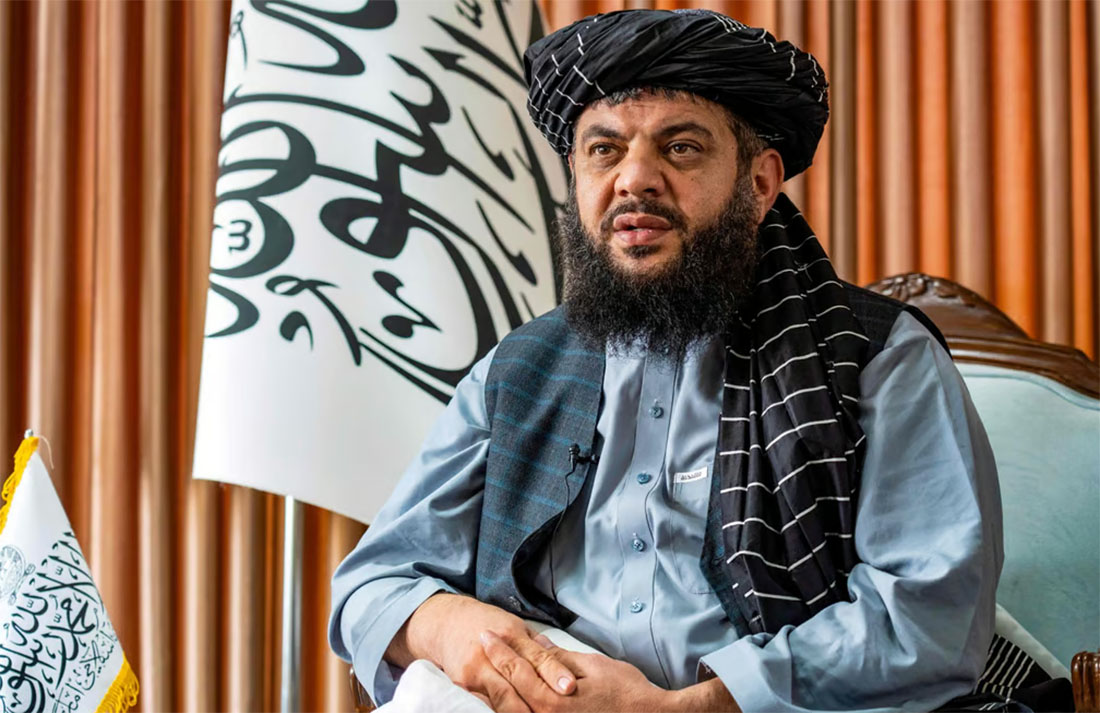
Photo Credit: Getty Images
In a significant diplomatic development, Afghanistan will participate in the UN Climate Change Conference (COP29) in Baku, Azerbaijan, marking the first Taliban-era representation at a major climate summit since 2021. Foreign Ministry spokesman Abdul Qahar Balkhi confirmed on Saturday that "a delegation of the Afghan government will be in Baku" for the conference, which begins November 11.
Afghanistan's participation comes at a critical juncture, as the nation ranks sixth most vulnerable to climate change globally. The Taliban administration has persistently sought involvement in international climate discussions, arguing that political isolation shouldn't preclude participation in environmental forums.
"Climate change is a humanitarian subject," emphasized Zainulabedin Abid, deputy head of Afghanistan's National Environmental Protection Agency (NEPA), highlighting the administration's stance on separating environmental concerns from political disputes. This breakthrough follows unsuccessful attempts to attend previous COP summits in Egypt and the UAE.
The country's environmental challenges are stark. Despite contributing only 0.08% of global greenhouse gas emissions according to a 2019 national report, Afghanistan faces severe climate impacts. UNDP representative Stephen Rodriques identified drought, floods, land degradation, and declining agricultural productivity as key threats in 2023, affecting a nation where 80% of the population relies on farming.
NEPA has been actively preparing its Nationally Determined Contributions (NDC), though uncertainty remains about its recognition by the UN Framework Convention on Climate Change secretariat. "We decided that at least we have to finalise this document, even if the secretariat accepts this or not," Ruhollah Amin, the current NEPA's climate change director affirmed.
Azerbaijan's invitation extends observer status to the Afghan delegation, a diplomatic compromise given that no state has formally recognized the Taliban government. Notably, Baku reopened its embassy in Kabul in February 2024, though stopping short of official recognition.
The participation comes as Afghanistan grapples with devastating climate impacts, including recent flash floods that claimed hundreds of lives and destroyed agricultural lands. NEPA director-general Mawlawi Matiul Haq Khalis has advocated for climate damage compensation, highlighting the disproportionate impact on Afghanistan despite its minimal carbon footprint.
This diplomatic breakthrough may signal a shift in international engagement with Afghanistan on humanitarian and environmental issues, even as political recognition remains elusive. The COP29 summit runs from November 11-22 in Baku, offering a platform for addressing critical climate challenges facing one of the world's most vulnerable nations.
















